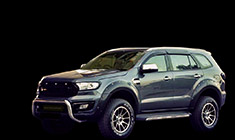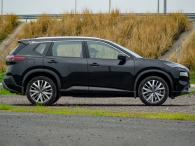News
Honda and General Motors tie up for fuel cell technology
Japanese automaker Honda and American automaking behemoth General Motors have tied up to build fuel cell vehicles, the first of which are expected to hit roads in 2020. Honda, a front runner in fuel cell technology, has a hydrogen powered car model in the form of the FCX Clarity. This said, both Honda and General Motors have electric and hybrid cars in their respective line ups.
However, electric cars are yet to find wide acceptance on account of limited battery range and the resultant loss in practicality when compared to cars powered by internal combustion engines. While hybrids are growing in popularity, tightening emission norms and fast depleting fossil fuels mean that fuel cell technology may become a necessity in the future.
However, fuel cell technology does have its share of challenges to confront before it can become commercially viable. The technology, as it stands today, costs more than hybrid and electric vehicle technology. A key part of the high cost is the platinum catalyst used in fuel cells.
A critical part of the process in which hydrogen combines with oxygen to form electricity, the platinum catalyst adds thousands of dollars to the fuel cell car's cost. General Motors and Honda will work together to reduce the overall costs of fuel cell cars by sharing suppliers. When suppliers have orders for a larger number of parts, economies of scale result in costs being driven down.
Fuel cell cars work by combining hydrogen with atmospheric oxygen in the fuel cell, to produce electricity. This electricity drives the electric motor of the car. The only emission from the tail pipe of a fuel cell car is water, and this is one of the biggest strengths of fuel cell vehicles. Also, fuel cell vehicles are more efficient than cars powered by internal combustion engines.
Apart from reducing overall costs by sharing the supplier base, Honda and General Motors will share the technology that they've developed thus far. This sharing is expected to cut development time of fuel cell cars, another key benefit of this partnership. Like the Honda-GM partnership for fuel cell vehicles, BMW has tied up with Toyota while Daimler, Ford and Nissan are in a tripartite alliance for developing fuel cell vehicles.
Also, Honda and GM plan to actively engage governments across the world in order to push for developing hydrogen dispensing infrastructure. Currently, a limited number of hydrogen dispensing outlets means that Honda is able to sell the FCX Clarity fuel cell car only in specific parts of the world.
Source DetroitFreePress



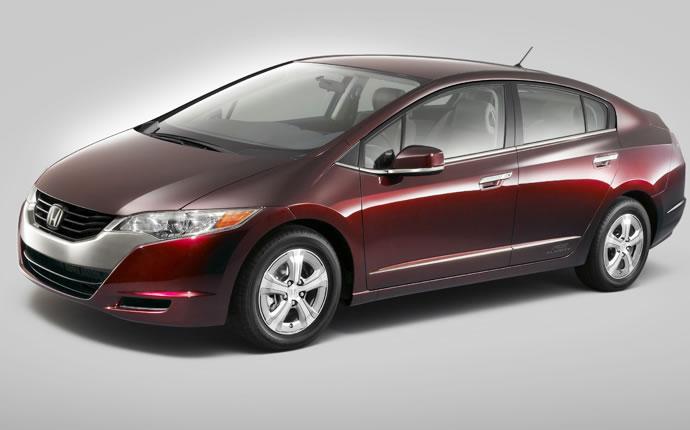
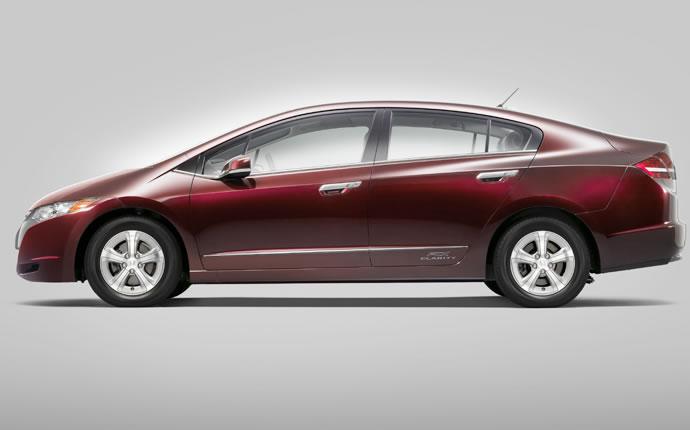
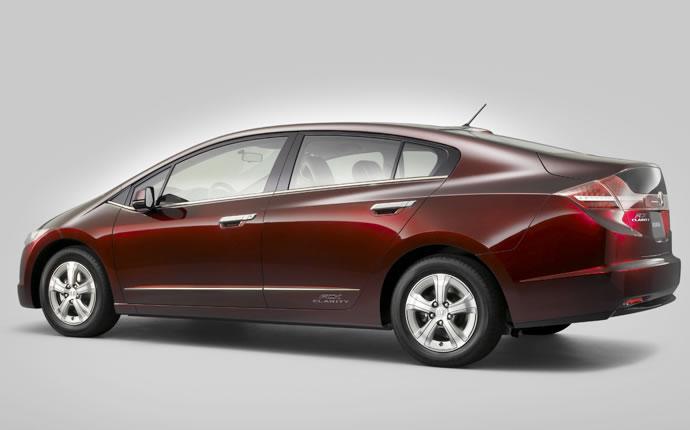






.jpg)







